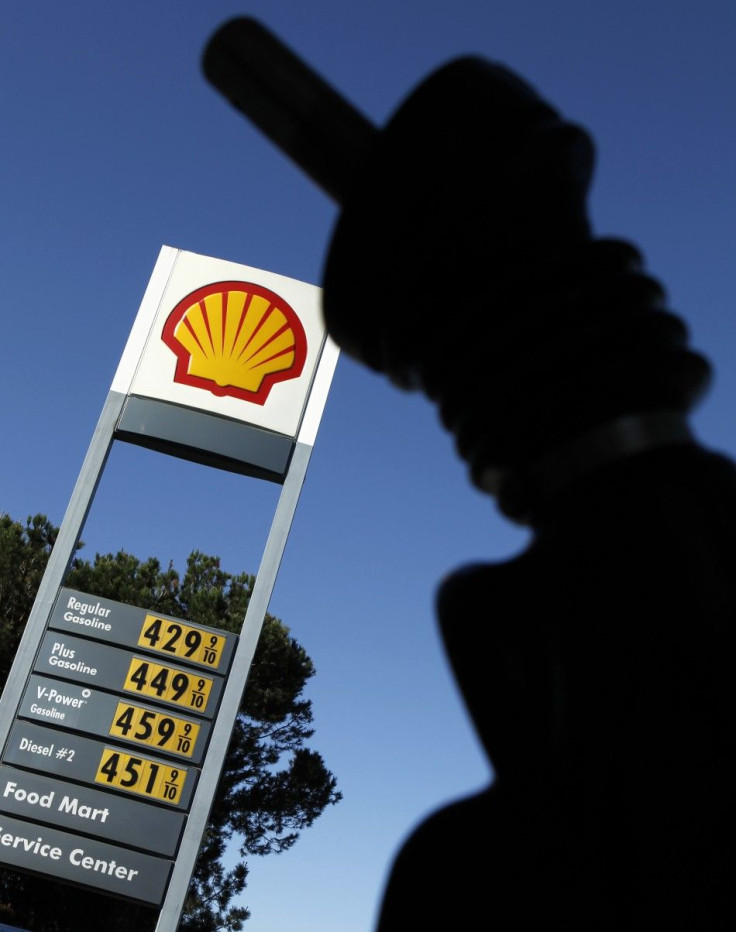Royal Dutch Shell's 4Q Profit Tops Expectations

Royal Dutch Shell, Europe's largest oil and natural gas company, followed its rivals in posting fourth-quarter earnings that, despite tough refining conditions, exceeded analyst expectations on increased natural gas sales.
The company reported $11.8 billion in income before taxation, an increase of five percent over the $11.3 billion in the same quarter a year ago. Net income for the quarter was $6.5 billion, a drop from $6.8 the year before. Earnings per share also, declined by seven cents to $1.04.
Analysts expected the company to report 81 cents in earnings per share on $5.63 billion in net income.
Low demand, low prices for petroleum products and declining refinery capacity all combined to cut earnings by $278 million in the fourth quarter, the company said.
Royal Dutch Shell's experience mirrors those of other big energy companies. On Tuesday, ExxonMobil, the biggest U.S. energy producer, said fourth-quarter net income rose only about 2 percent to $9.4 billion. ExxonMobil, based in Irving, Texas, blamed its showing on similar reasons and also cited the European economic crisis for easing demand.
Royal Dutch Shell's increased fourth-quarter profit reflects higher natural gas production, higher gas price realizations and increased sales of liquefied natural gas (LNG).
The Anglo-Dutch company saw a 29 percent increase to $6.6 billion in its upstream, or production and exploration of oil and natural gas, operations.
New field start-ups and the continuing ramp-up of fields contributed some 290,000 barrels of oil a day to production in the fourth quarter 2011, in particular from Pearl GTL and Qatargas 4 LNG in Qatar, which more than offset the impact of field declines, Shell reported.
The company's LNG sales of 4.84 million metric tons were 10 percent higher than in the same quarter a year ago.
For the full year, the company had $484 billion in revenue, up from $378 billion the year before, and netted $30.9 billion in profit.
Like its counterparts, Shell is finding it increasingly difficult to replace declining oil reserves. This has prompted the more than a 100-year-old oil and gas giant to focus more on natural gas exploration and production, Morningstar said.
Over the past 12 months, North American natural gas prices have plunged 51 percent from $5.01 per 1,000 cubic feet to only $2.44 due to over-production, thanks to hydraulic fracturing. Nearly a third of Shell's natural gas activity is in North America, and while natural gas realizations fell by eight percent over the course of the year, they increased by 26 percent outside the country.
© Copyright IBTimes 2024. All rights reserved.











